Partners
Crowd4SDG has six work packages. Besides Project Management (UNIGE) and Dissemination, Communication and Outreach (CERN), the project features work packages on the following: Enhancing CS Tools (CSIC, POLIMI) with AI and social media analysis features, to improve data quality and deliberation processes in CS; New Metrics for CS (UP), to track and improve innovation in CS project coaching events; Impact Assessment of CS (UNITAR) with a focus on the requirements of NSOs as end-users of CS data for SDG monitoring. At the core of the project is Project Deployment (UNIGE) based on a novel innovation cycle called GEAR (Gather, Evaluate, Accelerate, Refine), which runs once a year.


The University of Geneva – UNIGE
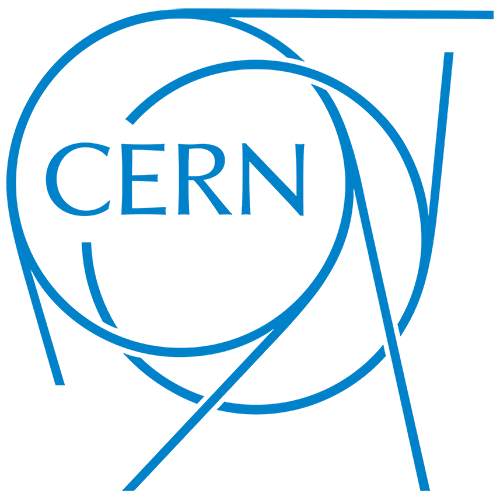
European Organization for Nuclear Research (CERN)

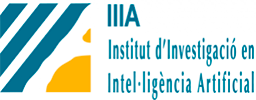
Consejo Superior de Investigaciones Científicas (IIIA-CSIC)
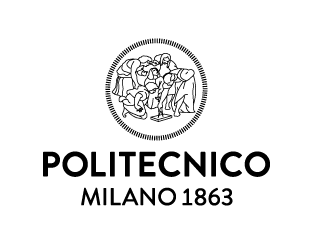
Politecnico di Milano (POLIMI)
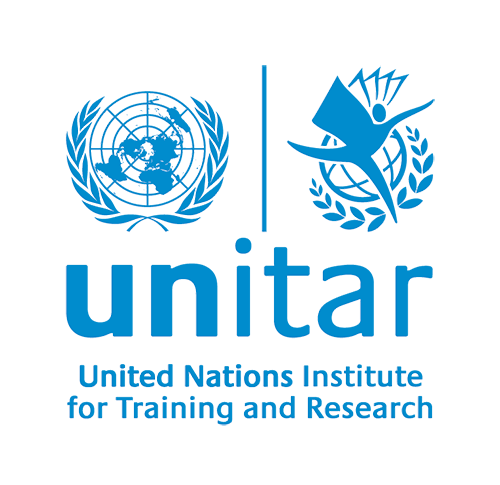
The United Nations Institute for Training and Research

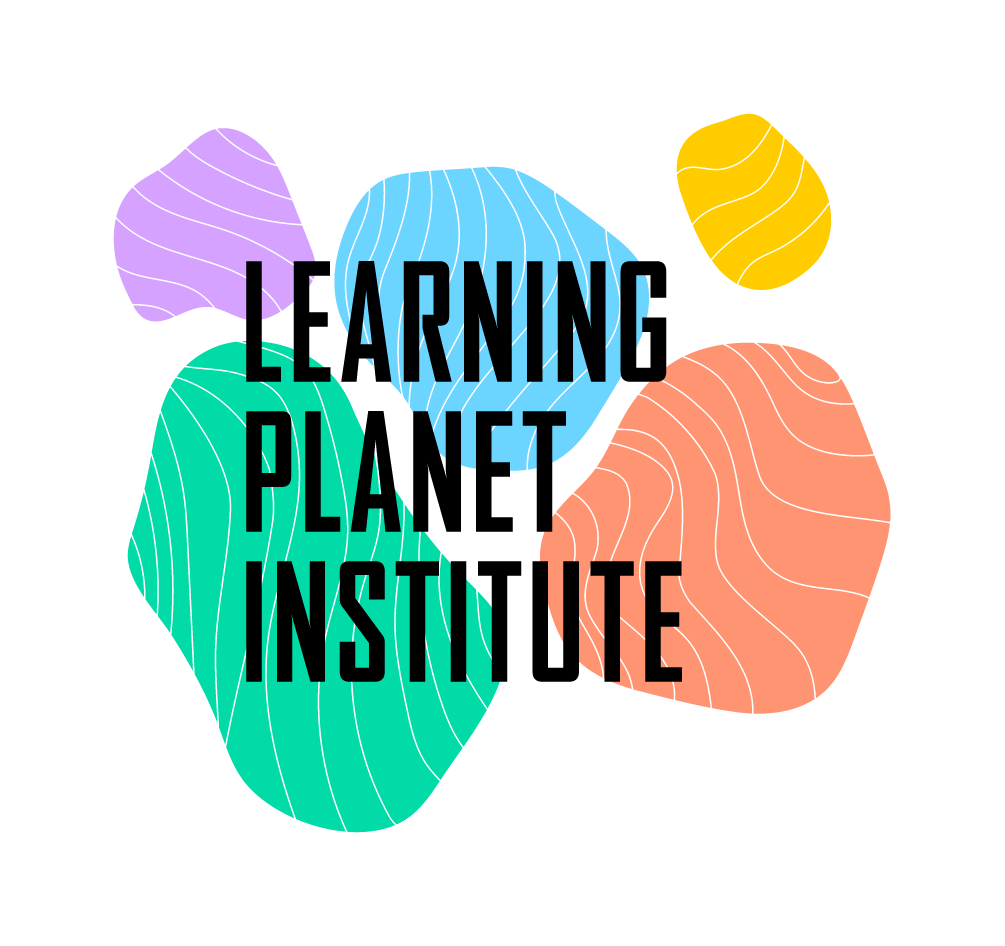
Université de Paris Cité
Université Paris Cité is France’s leading multidisciplinary university. It covers a wide range of disciplines, with one of the most comprehensive and ambitious educational offerings available in the world. Born in 2019, it offers its 62,000 students state-of-the-art, innovative courses in amongst others, humanities, arts, technology, science and medicine. The research will be led by the Learning Planet Institute, formerly CRI (Center for Research and Interdisciplinarity). Active at the crossroads of research and education, the Learning Planet Institute advocates for innovative pedagogy putting the student at the heart of their own learning experience through projects, research and societal challenges. To help everyone take care of oneself, others and the planet, the Learning Planet Institute is co-constructing and sharing new ways of learning, teaching, co-conducting research and mobilizing collective intelligence in the fields of life, learning and digital sciences. Université Paris Cité’s roles in the project will be to i) lead the work on new metrics and descriptors to assess the quality of citizen science and ii) contribute its experience in multidisciplinary research and particularly in the fields of education technologies and learning analytics.
